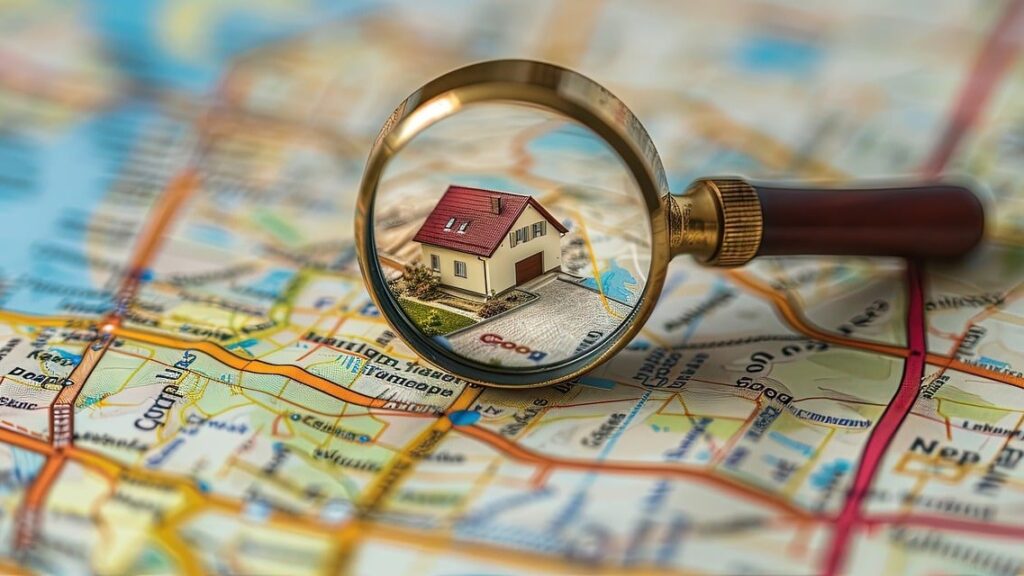First-Time Homebuyer Guide: Navigating the Nigerian Real Estate Market
Buying your first home is a monumental step in anyone’s life, and in Nigeria, the process can feel both exciting and daunting. With a rapidly growing real estate market and rising property prices in key cities like Lagos, Abuja, and Port Harcourt, navigating the home-buying process requires careful planning, research, and understanding. Whether you’re looking for your first house or an investment property, this guide will walk you through the essential steps to ensure a smooth home-buying experience in Nigeria.
1. Start by Setting a Realistic Budget
The first step in purchasing a property in Nigeria is determining how much you can afford. This may seem straightforward, but many first-time homebuyers fail to fully account for all the costs involved in the process.
Your budget should include not just the price of the property, but also:
- Stamp duty and legal fees: In Nigeria, stamp duty is typically 1% of the property’s sale price. Legal fees, which vary depending on the lawyer and location, can also add another 1-5%.
- Survey and registration fees: You’ll need to budget for the property’s survey and the cost of registering your new ownership with the Land Registry.
- Maintenance costs: Don’t forget to account for property maintenance, especially if you’re buying an older property.
The general rule is to have enough savings for a deposit (typically 10-30% of the purchase price) and ensure your monthly repayments (if taking a mortgage) don’t exceed 30-40% of your monthly income.
2. Research the Real Estate Market in Nigeria
Understanding the local property market is crucial for any first-time buyer. Nigeria’s real estate market can be dynamic, with fluctuating prices depending on the city, location, and even the time of year. Key things to research include:
- Location: Focus on areas with good infrastructure, proximity to work or business areas, schools (if you have or plan to have children), hospitals, and public transportation. Popular cities like Lagos, Abuja, and Port Harcourt are in high demand, but up-and-coming cities like Ibadan, Enugu, and Uyo are also attractive options for first-time buyers.
- Property types: Determine the type of property you want, such as an apartment, townhouse, or a detached house. Each type has its pros and cons, especially when considering future resale or rental value.
- Market trends: Investigate the property prices in your desired neighborhood. Are prices rising steadily? Is the area experiencing development or gentrification? Such trends could indicate future growth in the area and better returns on investment.
3. Understand the Legal Framework for Property Ownership in Nigeria
Property laws in Nigeria can be intricate, especially for first-time buyers. It’s essential to understand the basic legal requirements before you make a purchase.
There are two primary types of land ownership in Nigeria:
- Freehold: Full ownership of both the land and the property on it. Freehold properties are typically in urban areas.
- Leasehold: In this case, you don’t own the land but have the right to use it for a specified number of years (usually 99 years). Most government-owned lands are under leasehold.
Before committing to any purchase, make sure the property has a Certificate of Occupancy (C of O), a vital legal document proving that the property is legally owned. Without it, the property title may be in question. Additionally, ensure that the property has Governor’s Consent, especially if the land is under government control.
4. Secure Your Financing Options
Many first-time homebuyers in Nigeria find it difficult to secure a mortgage due to high interest rates and stringent eligibility criteria. However, there are various ways to finance your first home purchase.
- Bank mortgages: Some Nigerian banks offer mortgages with terms ranging from 5 to 20 years, but the interest rates can be high (10-20% annually). It’s important to check eligibility criteria, including your credit score, income, and employment history.
- Cooperative societies: For people who are part of a cooperative, these societies often offer affordable loans for buying homes at much lower interest rates than banks.
- Personal savings: If you’ve saved enough money, using personal savings is a simple option that avoids interest payments but may require a longer time frame to gather the required funds.
Before applying for a mortgage, make sure to compare interest rates, loan terms, and the eligibility criteria across different financial institutions. Getting pre-approved for a loan before house hunting can also save time.
5. Choosing the Right Property: Know What You Want
When buying your first home, it’s easy to get carried away with excitement. However, it’s crucial to stay focused on your long-term needs. Before you begin house-hunting, create a checklist of non-negotiable features for your property. Here are some factors to consider:
- Size and layout: How many bedrooms and bathrooms do you need? Is the property large enough to accommodate your family’s current and future needs?
- Condition of the property: If you’re buying an older home, consider the cost of repairs and renovations. A fixer-upper may seem like a great deal, but unexpected expenses can add up quickly.
- Amenities: Does the property have essential amenities such as a functional kitchen, ample parking space, and reliable water and electricity supply?
Don’t forget to consider the future. Is the area developing? Are new roads, schools, or shopping malls planned nearby? Properties in growing neighborhoods can offer better returns on investment in the future.
6. Engage a Real Estate Agent for Assistance
While many first-time homebuyers in Nigeria think they can handle the entire process themselves, hiring a licensed real estate agent can save you a lot of headaches. Real estate agents can help you:
- Navigate the local market: An experienced agent will know which areas offer the best value and can help you find a property that suits your budget and needs.
- Handle paperwork: There’s a lot of documentation involved in a property transaction, including contracts, deeds, and registration forms. A qualified agent can ensure all documents are in order.
- Negotiate the price: Skilled agents can help you get a better deal on the property price and ensure that the contract terms are favorable.
When choosing an agent, ensure they are registered with the Nigerian Institution of Estate Surveyors and Valuers (NIESV) and have a proven track record.
7. Inspect the Property and Finalize the Deal
Once you’ve found the property you want to purchase, don’t rush into closing the deal without a thorough inspection. This includes:
- Structural checks: Hire a professional surveyor to inspect the property for any major structural issues.
- Legal verification: Ensure that the property has no encumbrances or disputes, and that the seller is legally authorized to sell the property.
After everything checks out, the next step is to sign the sale agreement, pay the deposit, and proceed with the final transfer of ownership. It’s advisable to work with a lawyer during this stage to ensure that all legal documents are properly executed.
8. Consider Future Resale or Rental Value
One of the most important things to consider as a first-time homebuyer is the property’s potential for resale or rental in the future. Even if you’re planning to live in the house for many years, life circumstances can change, and having a property with good resale or rental potential can be a valuable asset.
Focus on properties in areas with growing demand, good infrastructure, and a solid real estate market. Properties in well-established neighborhoods or those with upcoming developments are often the most desirable for future buyers or tenants.
Conclusion
Becoming a homeowner in Nigeria is an exciting milestone, but it requires careful planning and decision-making. By setting a realistic budget, researching the market, understanding the legal process, securing financing, and choosing the right property, you’ll set yourself up for success as a first-time buyer. With the right approach, you can make a smart investment that provides both financial stability and a place to call home.
Start your home-buying journey today with the knowledge and confidence to make the best decision for your future. The Nigerian real estate market offers countless opportunities, and with the right guidance, you can find the home of your dreams.

